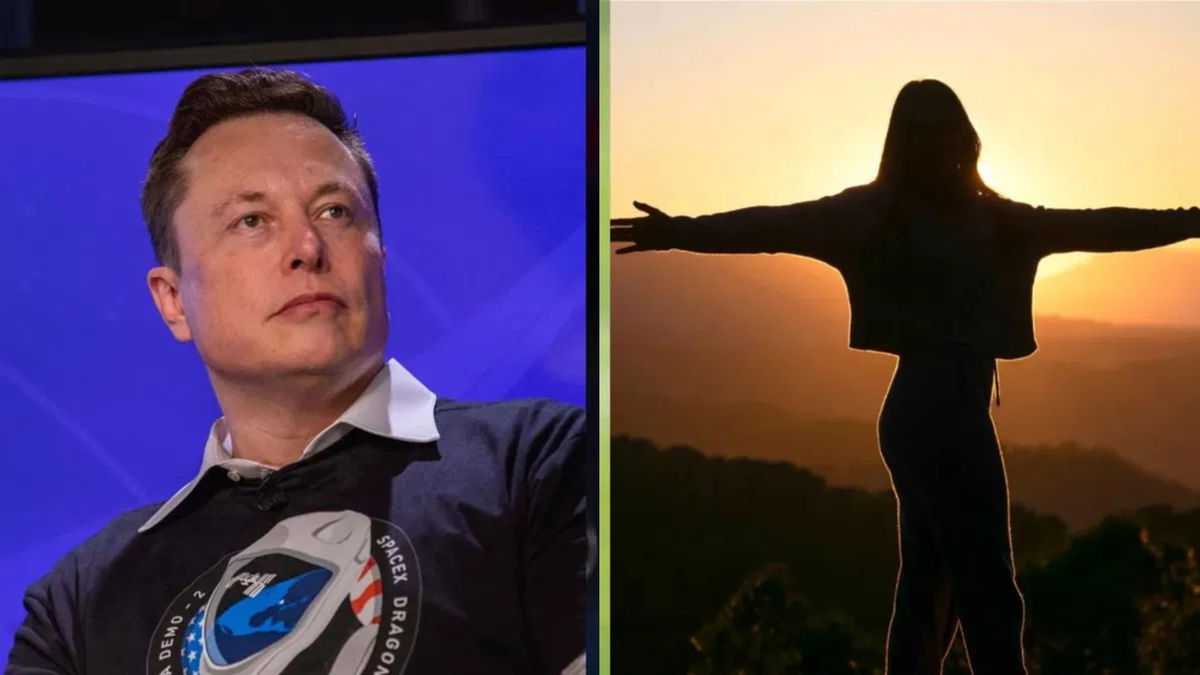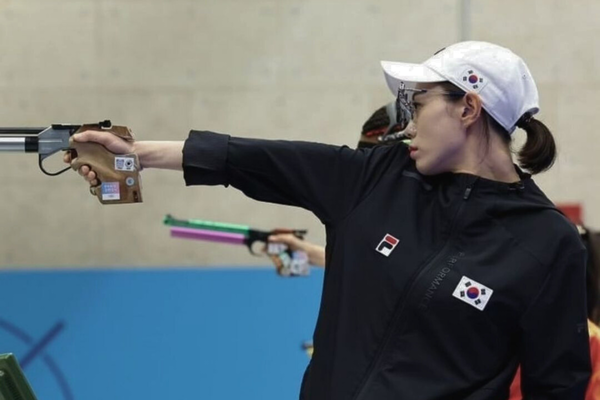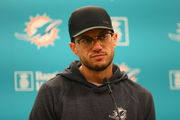
Imago
Credits: IMAGO

Imago
Credits: IMAGO
For years, Elon Musk has been pretty clear about one thing: Tesla doesn’t need celebrity endorsements or paid ads. He’s often bragged about how the company has thrived without the typical marketing tactics other carmakers rely on. No flashy commercials or A-list stars pushing products. Instead, Tesla’s success was built on innovation and word-of-mouth. But here’s the twist: Tesla’s started to look like it was changing its mind. In November, the Olympic shooter became Tesla Korea’s first-ever brand ambassador. What happened here?
Watch What’s Trending Now!
Kim Ye-ji, who won silver in the 10m air pistol at the Paris Olympics, took the role of Tesla Korea’s brand ambassador. Interestingly, this partnership began after Elon Musk tweeted about Kim’s impressive Olympic performance. “I’m very excited to work with Tesla, who have recognized me,” Kim said earlier this month. “I hope to convey a positive message together with Tesla.” But do you know the catch, Kim is the first paid celebrity brand influencer for Tesla automobile manufacturers. Wouldn’t that be considered a dramatic change from what the company has always maintained?
However, what is motivating this change? And it’s not simply the ‘‘advertising’’ of ‘‘research.” Tesla has never followed the major corporations’ celebrity endorsement model and has stuck to the approach that it has always had. But now they joined forces with Kim Ye-ji, and it appears to be going well, at least in South Korea. Is this the beginning of a new marketing era for Tesla? Perhaps it is just an understanding that in some areas, a dose of fame can be quite effective.
ADVERTISEMENT

ADVERTISEMENT
And the numbers appear to support that. According to Tesla’s annual report as of December 2024, the brand was selling cars close to 30,000 in South Korea. Can you believe that? As the figure shows, in January – November 2024, Tesla sold almost 28500 vehicles, and selling approximately 2500 vehicles monthly, it is easy for Tesla to hit 30000 vehicles sold. This is a significant increase from the previous year when Tesla could not sell more than 20,000 vehicles.
Thus it can be assumed that Kim Ye-ji’s ambassador position was also a contributing factor to this growth. Therefore, it demonstrated that even a company that does not advertise on television could receive extra bang for its buck from Olympian star power. But this isn’t the first time when Olympian helped a brand to grow!
ADVERTISEMENT
Usain Bolt boosted Puma’s profits
Usain Bolt has been a Puma athlete since 2003, well before he was seen as the ad icon he is today. It was wise when he agreed to work with Puma at the very start of his career because the following years he became a great sprinter. Puma began to capitalize on his success after he hit world records at the 2008 Beijing Olympics. It was like the perfect storm: the fastest man in the world getting associated with a brand that was solely about speed and performance.
Moving to events, the performance of Usain Bolt during the World Championships in Daegu South Korea in the year 2011 acted as a bonus to the third quarter profits of Puma. The company claimed sales growth of 10.2% to reach €841.6m courtesy of Bolt. While there was no increase in its net earnings, which remained at €81.7 million, the brand’s performance was quite positive, especially in Asia and Latin America with sales up by 16.4%. This running category especially has seen improved performance as a result of Usain Bolt’s achievements to remain the market kingmaker. That’s known as the impact of Olympian!
ADVERTISEMENT
Top Stories
Cowboys Fire Defensive Coordinator Matt Eberflus: Contract, Salary, NFL Earnings & More

Adam Peaty Faces Gordon Ramsay’s Sly Dig Amid Parents’ Controversial Wedding Absence

Russell Wilson Announces Retirement Stance as Giants QB Shares Hidden Injury News

Marina Mabrey Is Raising Eyebrows Again With Fiery Unrivaled Confrontation

Huge Fire Destroys Over 125-Year-Old Golf Club Designed by 5x Open Winner in London – Report

Dolphins Reportedly Indecisive About Mike McDaniel as GM Search Kicks Off

ADVERTISEMENT
ADVERTISEMENT
ADVERTISEMENT

